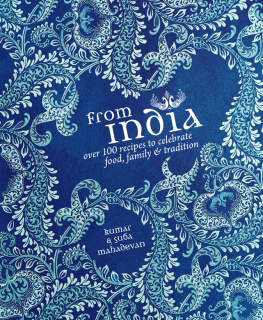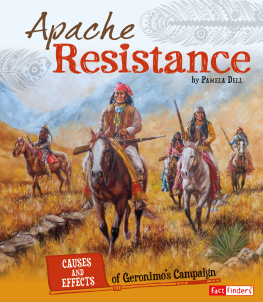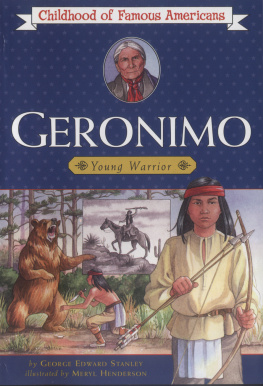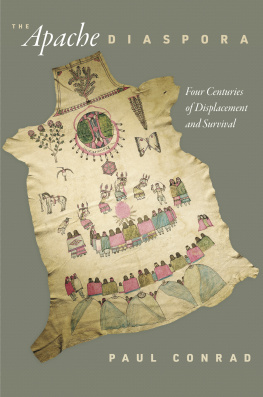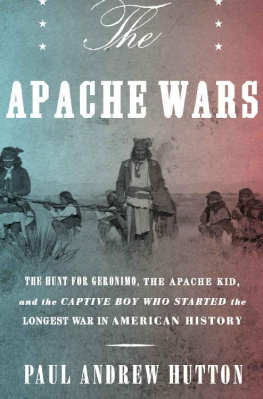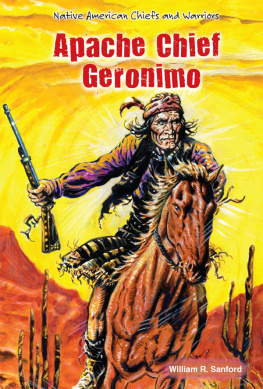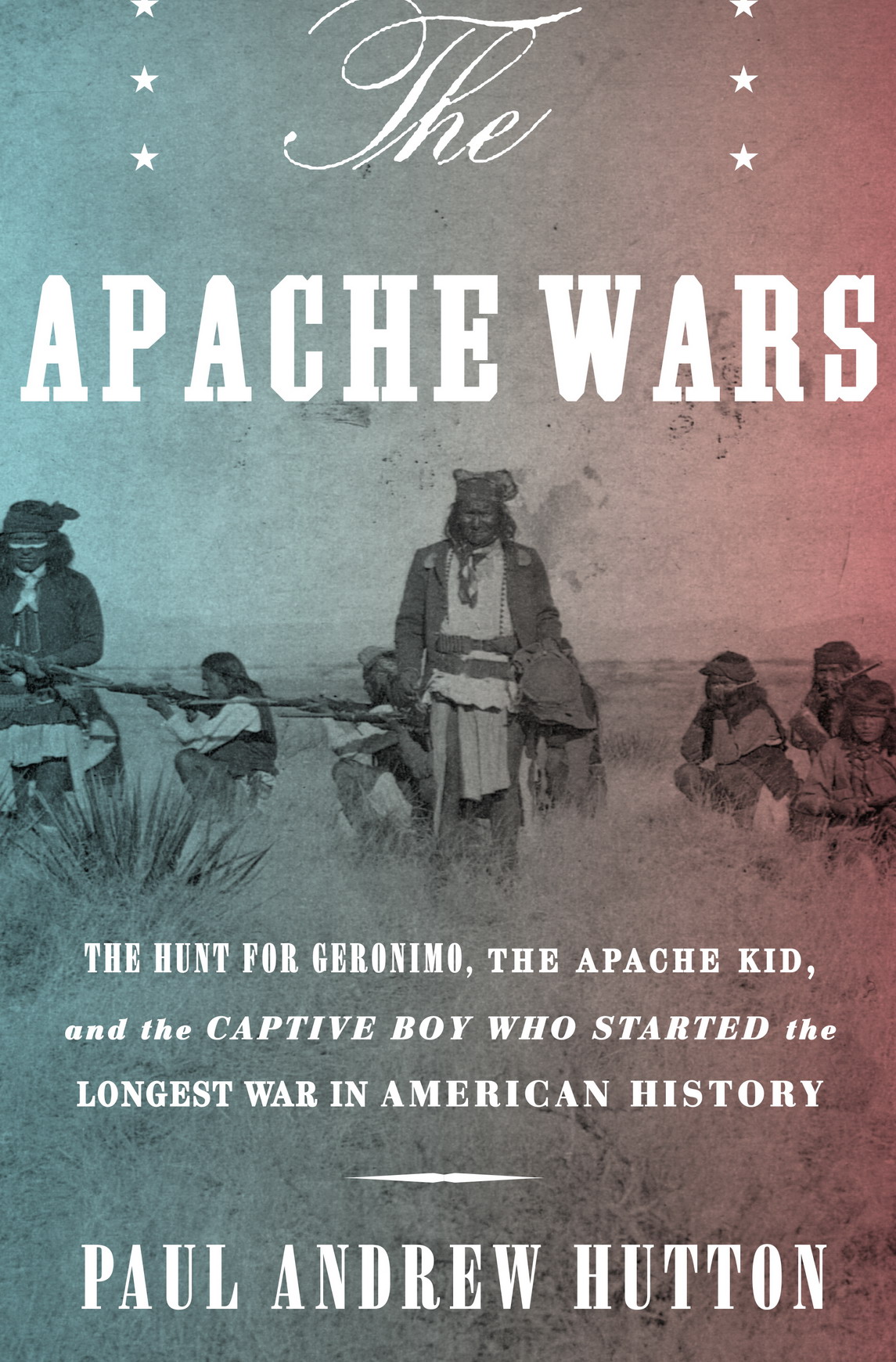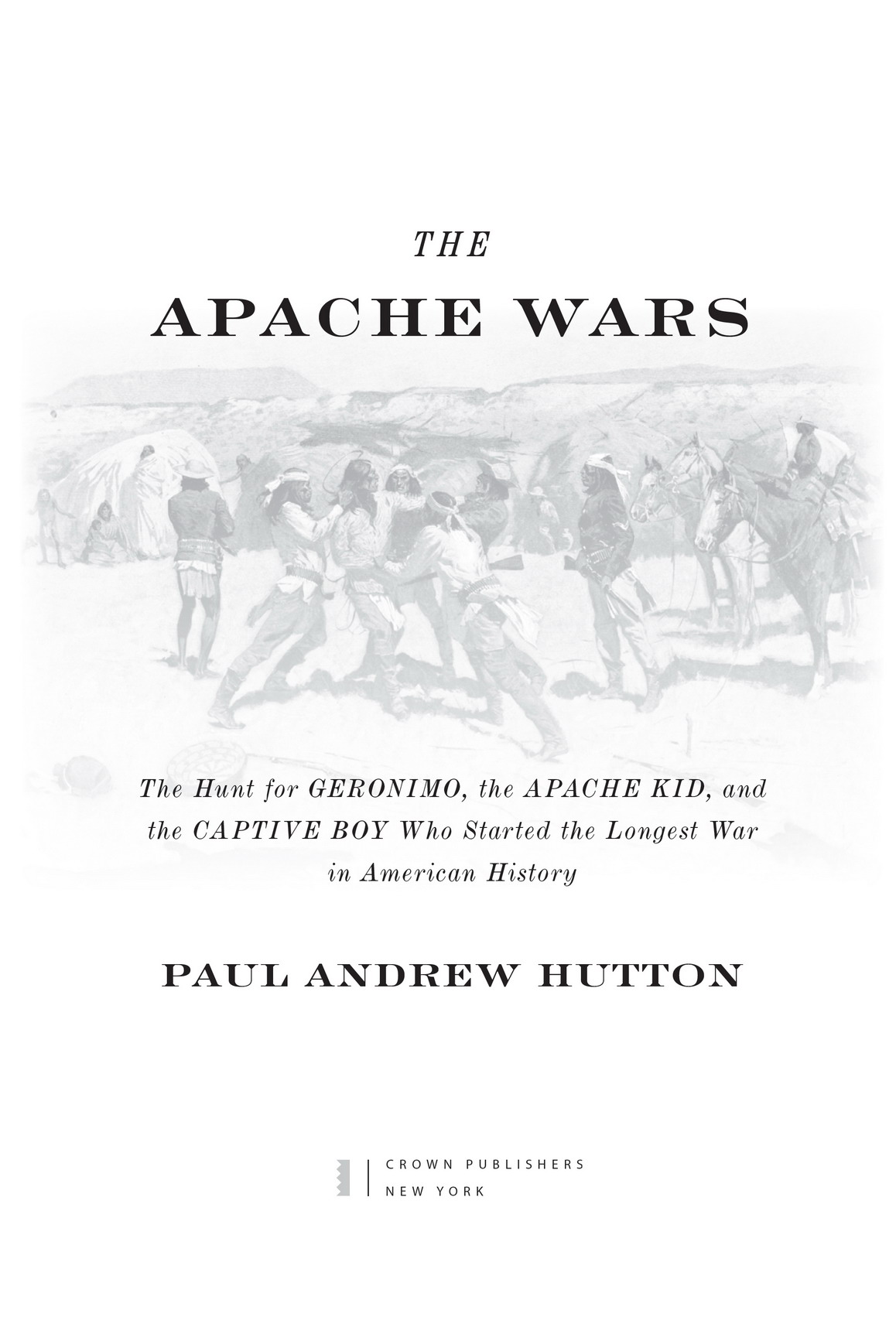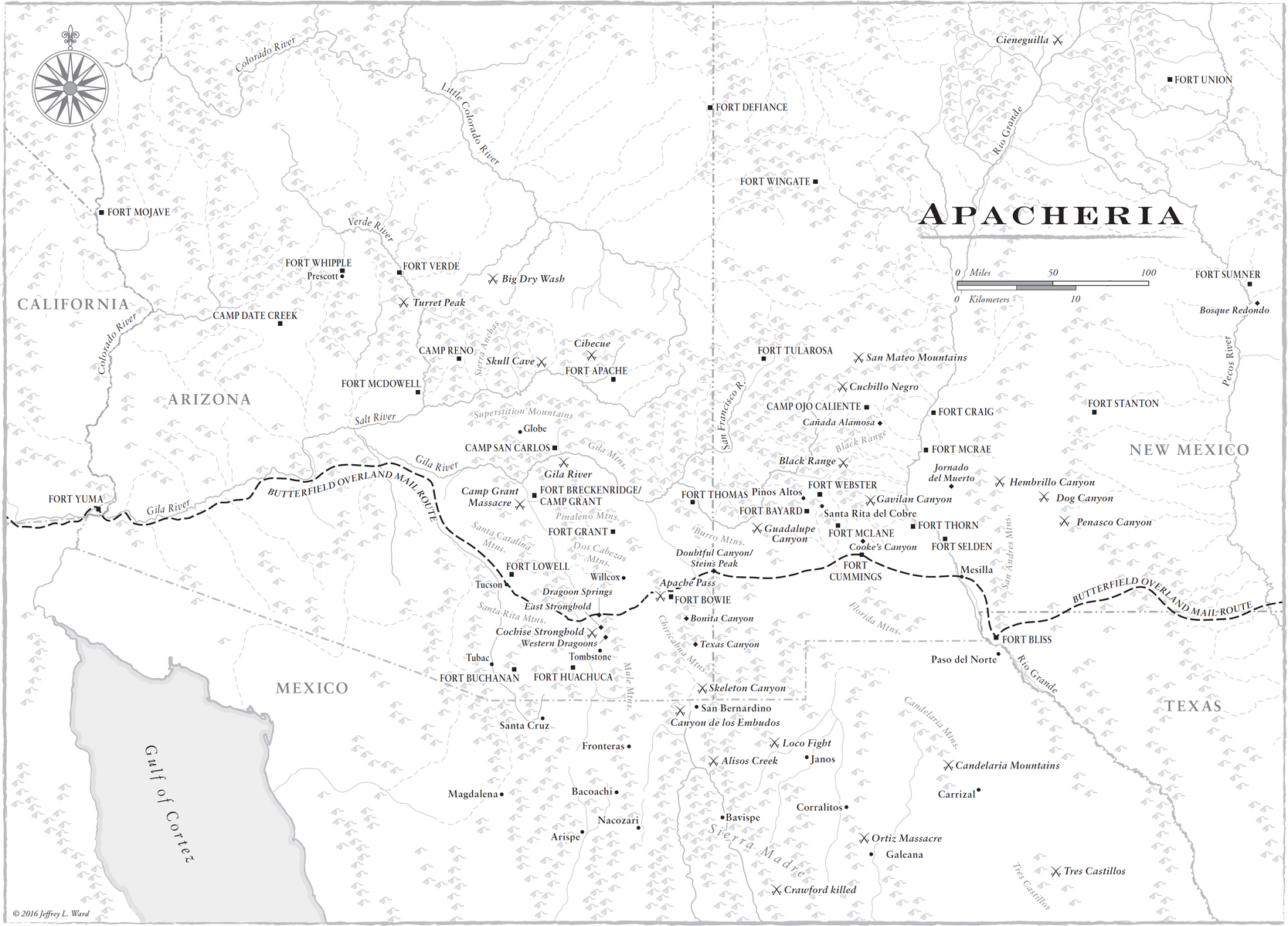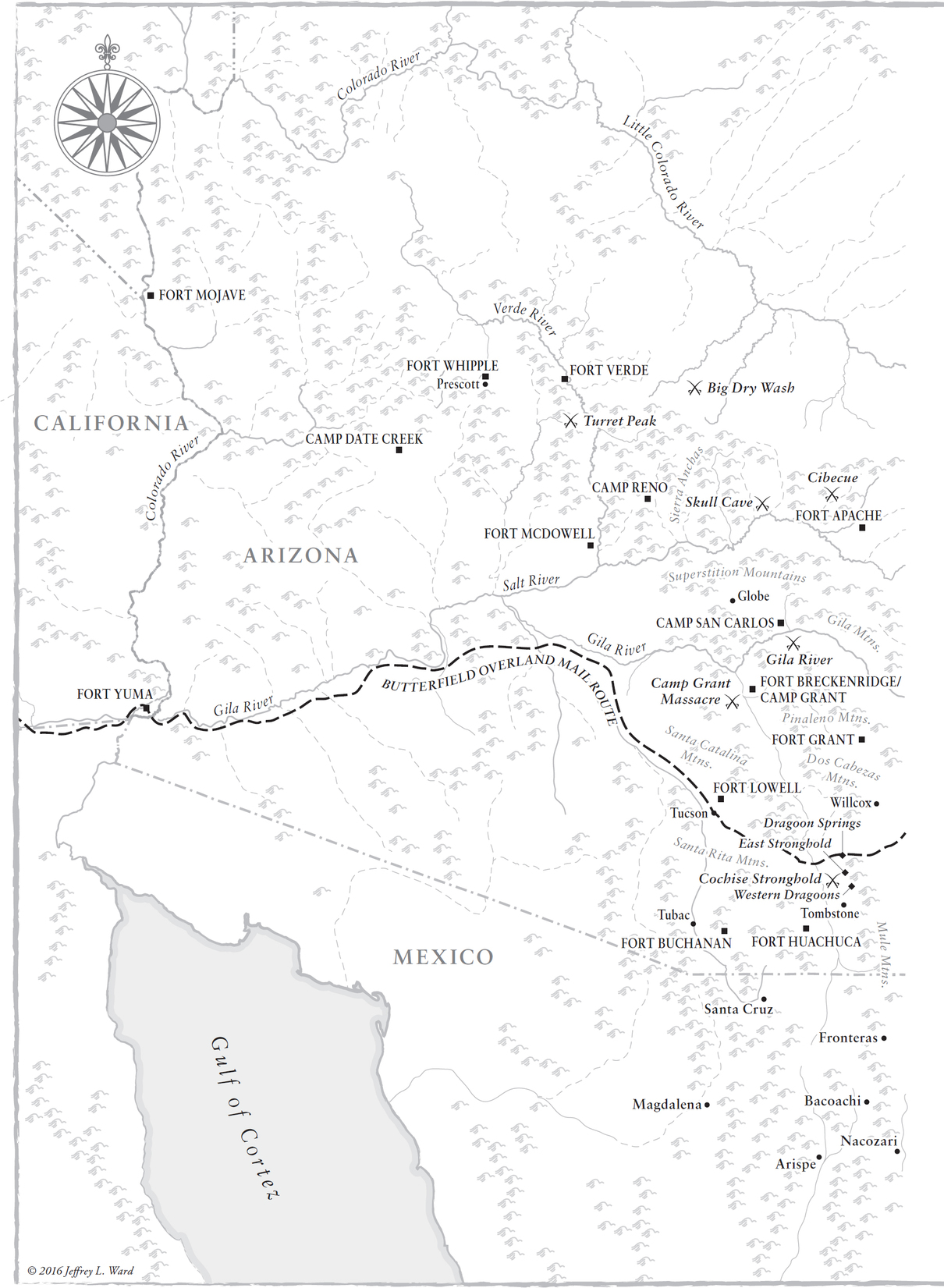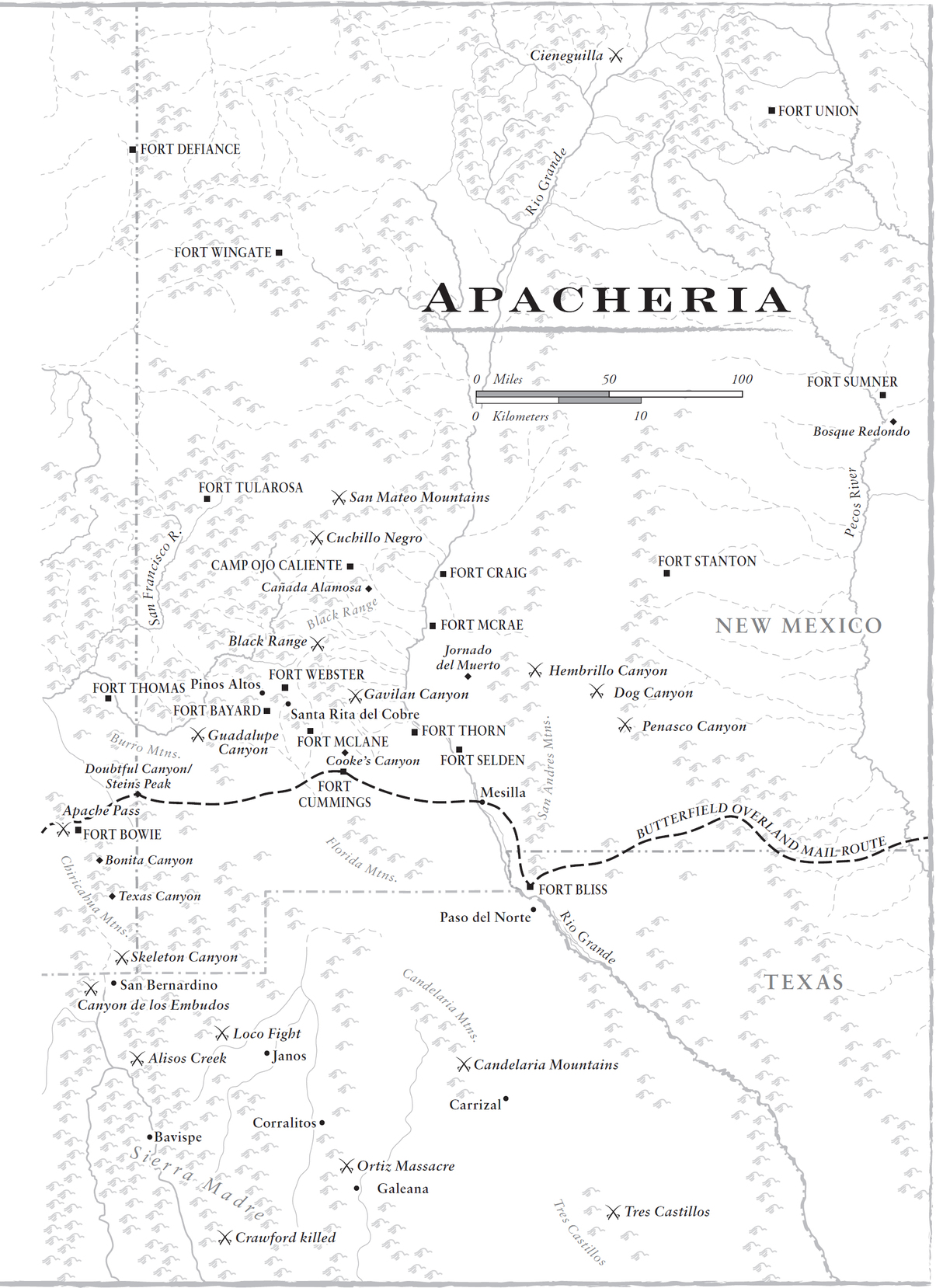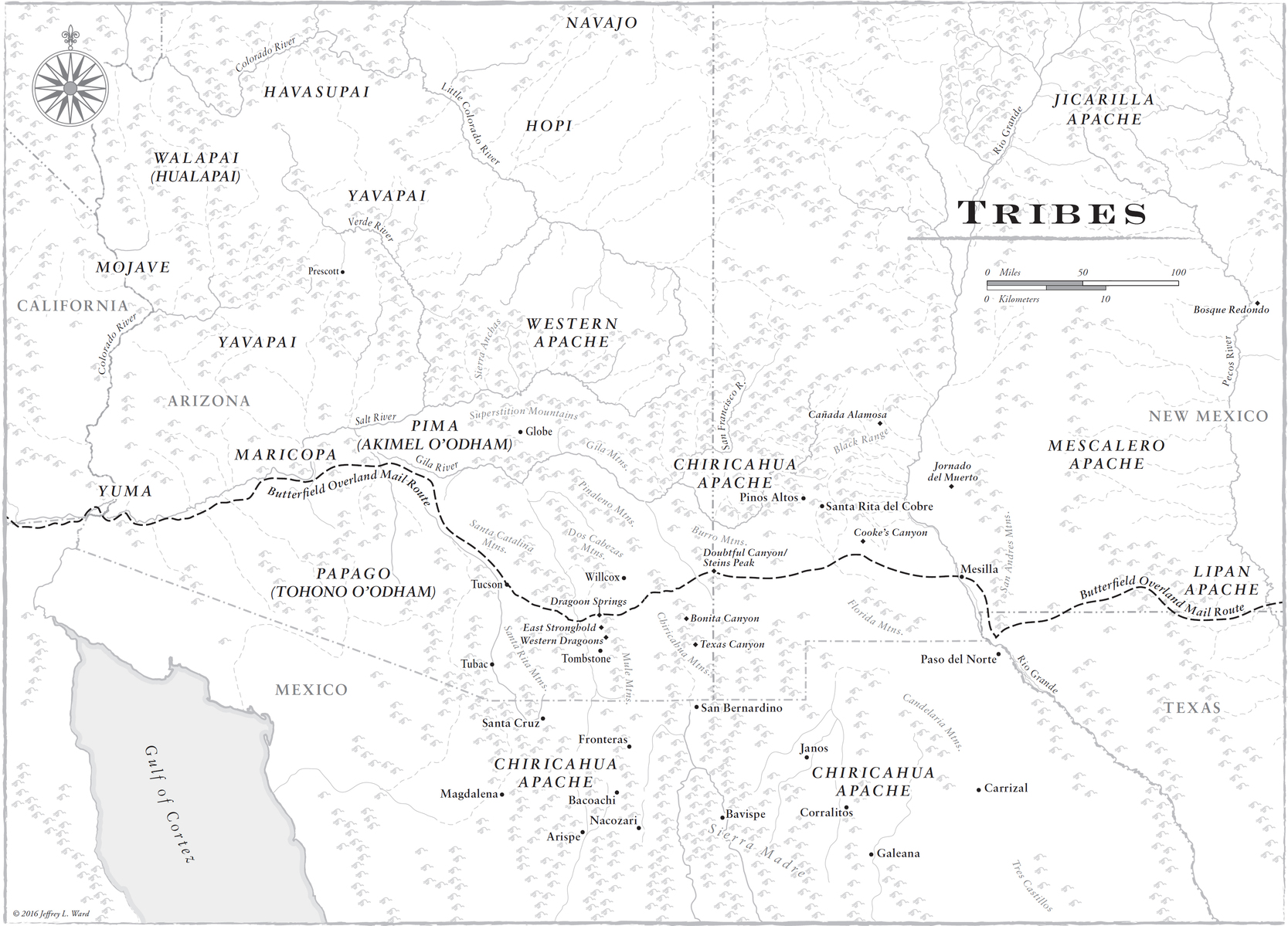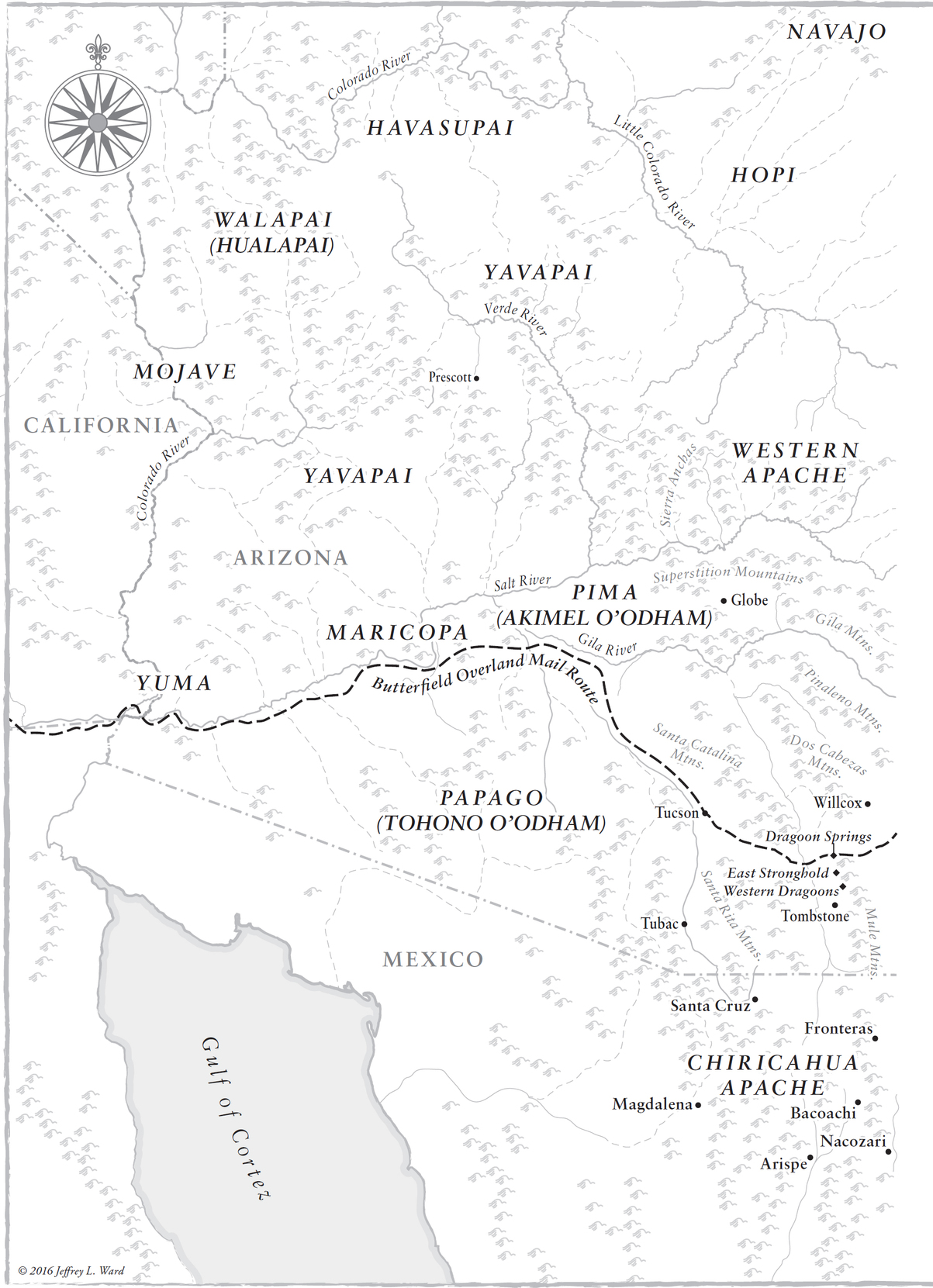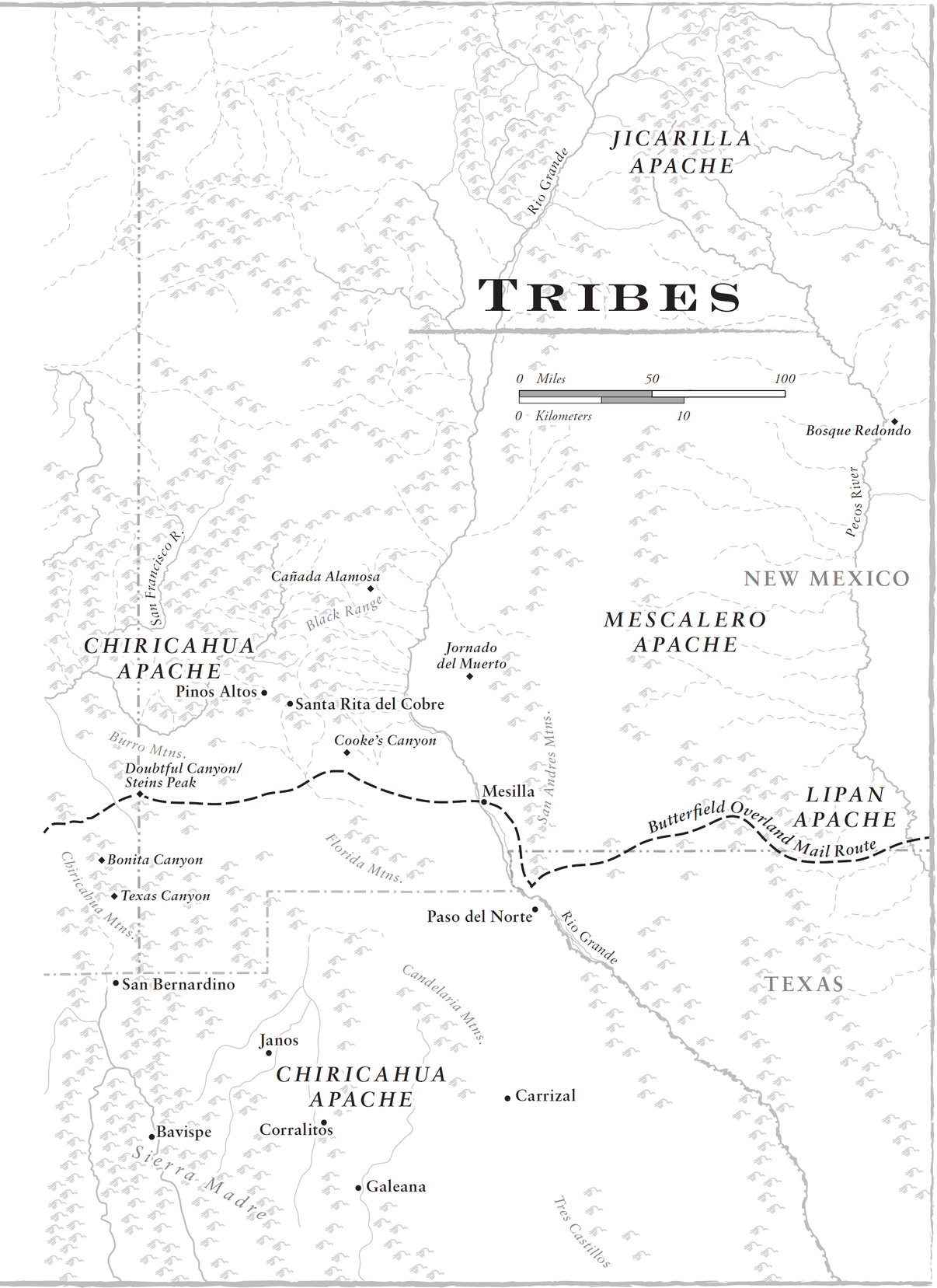ALSO BY
PAUL ANDREW HUTTON
Phil Sheridan and His Army
Soldiers West
The Custer Reader
Frontier and Region
Roundup
Western Heritage
Copyright 2016 by Paul Andrew Hutton
All rights reserved.
Published in the United States by Crown, an imprint of the Crown Publishing Group, a division of Penguin Random House LLC, New York.
crownpublishing.com
C ROWN is a registered trademark and the Crown logo is a trademark of Penguin Random House LLC.
Library of Congress Cataloging-in-Publication Data
Names: Hutton, Paul Andrew, 1949 author.
Title: The Apache wars : the hunt for Geronimo, the Apache Kid, and the captive boy who started the longest war in American history / by Paul Andrew Hutton
Description: First edition. | New York : Crown Publishing, 2016. | Includes bibliographical reference and index. | Description based on print version record and CIP data provided by the publisher; resource not viewed.
Identifiers: LCCN 2015051330 (print) | LCCN 2015050712 (ebook) | ISBN 9780770435820 (Ebook) | ISBN 9780770435813 (hardcover) | ISBN 9780770435820 (ebook) | ISBN 9780770435837 (pbk.)
Subjects: LCSH: Apache IndiansWars.
Classification: LCC E99.A6 (print) | LCC E99.A6 H88 2016 (ebook) | DDC 979.004/9725dc23
LC record available at https://lccn.loc.gov/2015050712
ISBN9780770435813
eBook ISBN9780770435820
Maps by Jeffrey L. Ward
Title page art courtesy of the author
Cover design by Oliver Munday
Cover photograph: C. S. Fly/Corbis
v4.1
a
TO TRACY LEE
Let me not to the marriage of true minds
Admit impediments. Love is not love
Which alters when it alteration finds,
Or bends with the remover to remove:
O, no! it is an ever fixed mark
That looks on tempests and is never shaken;
It is the star to every wandering bark,
Whose worths unknown, although his height be taken.
Loves not Times fool, though rosy lips and cheeks
Within his bending sickles compass come;
Love alters not with his brief hours and weeks,
But bears it out even to the edge of doom.
If this be error and upon me proved,
I never writ, nor no man ever loved.
W.S., S ONNET CXVI
C ONTENTS
P ROLOGUE
On a crisp morning in late January, the boy tended his stock as he watched the dust cloud rising to the south, at the far end of the narrow timbered valley. Felix was almost twelve, but short and scrawny for his age, with a mop of red hair and fair skin. When the boy saw riders emerging one by one from the cloud of dust, their ponies splashing across the shallow creek, he ran to the little grove of peach trees some three hundred yards from the ranch buildings where his mother and sister were. He knew this area was contested ground, in the heart of what the Mexicans, and the Spanish before them, had named Apacheria. The Mexicans had failed to settle the valley, driven out by the fearsome Apaches who lived in the mountains to the east and north.
A dozen Apaches, wildly painted and heavily armed, galloped onto the ranch. They swept past the buildings to gather up all the horses and cattle. His heart pounding, Felix climbed a peach tree and hid himself as best he could. The Apache leader rode up to the tree as his men began herding the horses and cattle back down the valley and looked up at the terrified boy. Felix expected to be killed instantly, but instead the Apache laughed and motioned for him to climb down. Felix obliged. The Apache, who was called Beto, had a heavily scarred face that bore the imprint of some terrible battle in which he had lost an eye. Felix also had but one eye. The Apache pulled him onto the back of his pony, and off they galloped after the warriors.
These Apaches were of the Aravaipa band, who lived to the northeast of the Sonoita Valley. The Aravaipa would come to call the kidnapped boy Coyote, after their trickster god, because they could never decide if he was friend or foe. Years later, white men would name him Mickey Free. The boys kidnapping started the final struggle for Apacheriathe longest war in the history of the United States. This conflict would leave a trail of blood from the Pecos River in Texas through New Mexico and Arizona and deep into Mexico from 1861 to 1886. All sides in that conflict blamed Mickey Free for starting it. In time, the boy would come to play a pivotal role in the war, moving back and forth between the harshly conflicted worlds of the Apache and the white invader, never really accepted by either but invaluable to both.
This is Mickey Frees story, but it is also the story of his contemporariesboth friend and foe, red and whitewhose lives were shaped by the violent history of the deserts and mountains of the American Southwest and northern Mexico. It was a land where every plant bore a barb, every insect a stinger, every bird a talon, every reptile a fangan inhospitable, deadly environment known to the outside world as Apacheria. In this bleak and unforgiving world, the one-eyed, deeply scarred Mickey Free was at home.






